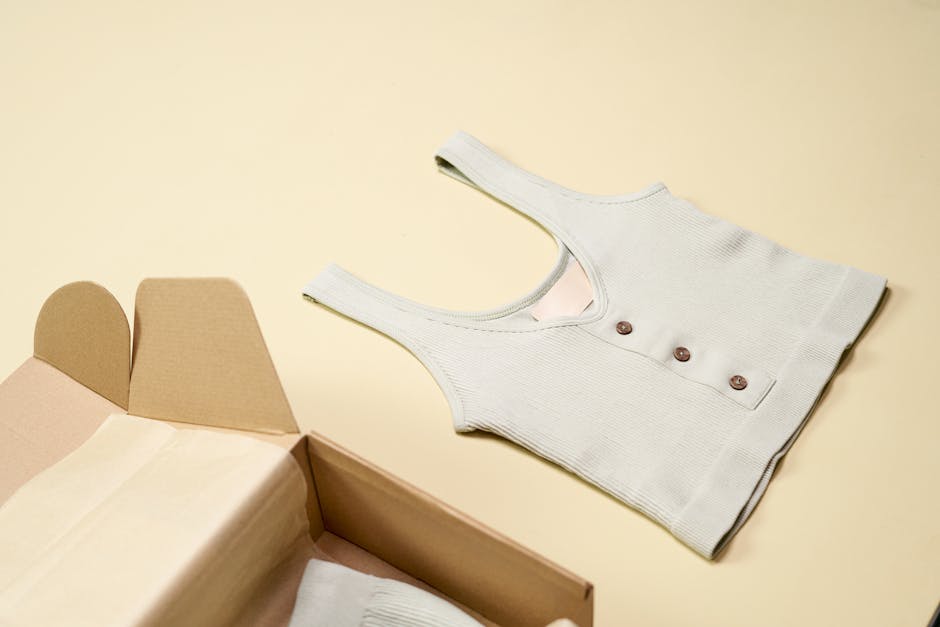Research the market
It is the owner’s responsibility to make an effort to understand the solar industry in their region (city, state, or country). There are several ways to do this, but the most straightforward method is to visit different areas and check out what's available.
Look at everything from real estate to electric bills to see if there are any trends that could help you predict the future of your investment. You can also talk to local experts and other homeowners who have installed solar panels.
These are important steps in determining how best to use solar energy for your home. By taking these steps, you will know exactly what they're charging for electricity and if they even have anyone dedicated to promoting renewable energy sources.
You can find people to work with by reaching out to like-minded individuals or organizations; there are many online communities where you can discuss all things solar.
There are also companies that provide guidance and assistance in going green, like Energy Solutions. They look into the characteristics of each customer and suggest parts and equipment based on their unique needs.
Create a budget

It’s hard to avoid spending money when you are buying solar energy products. There are all sorts of things that you can buy, from appliances that turn on the sun’s heat (or create cool air) to panels that will cost you in the short term by using less electricity.
It is also very difficult not to spend money upgrading your home’s efficiency if you have enough knowledge about basic energy saving techniques.
When you go shopping for new products, try our free budget calculator to see how much you might need to save before you make a purchase. You can even compare different products online with price comparison tools.
They help you find the best deal possible. By seeing what other people have paid for a given product, you can decide whether that price is fair or if you should ask for a rebate from your local government.
In any case, it gives you data about what this industry is worth today and what these products ought to cost.
That way you'll know where to look for bargains and discounts. An easy place to start looking is Amazon.com’s shop section. They currently have several competitors such as BetterWare, EnergySage, and HomeDepot.
These guys all sell great deals each day. It’s impossible to keep up unless you’re reading their blogs nonstop, but they do provide an overview of the reasons why those prices are so discounted
Calculate the price of electricity

One important factor is how much money you will spend to purchase electric power. You should calculate what it would cost you to produce that energy from solar panels.
You can also look at how much your consumption costs, then try to estimate how long you expect your system to last before needing to replace it. Many people find it helps them to understand the feasibility of owning solar if they know what it will cost in total to run the device.
Another important consideration is whether the property getting installed of has access to clean water or not. Some hardware companies offer credit towards systems when renters have an available space to put a tank.
If possible, it’s best to check into these things beforehand. Don’t rely on vague assurances by someone who rents a room or lives with others to "just keep paying until the rent goes down." It's very difficult to find out how this might work in practice.
Calculate the cost of the solar panel

There are several factors you should consider when deciding how much to pay for your solar panels. The first thing to do is calculate the price of the physical components themselves. You can buy single-panels modules, or multiple panels they contain.
Next, factor in the cost of installation. This includes buying equipment and materials, as well as labor. Subtract install costs from the total cost of system acquisition to get the actual cost of the panels.
You also need to include the maintenance fee (which may be zero). In many cases, you’ll want to lease the panels instead.
Last, decide what type of insurance you’re going to need. Most people will choose either wind or gas coverage, but if you have a large amount of investment income, you can add solar onto these options.
Factor in tax credits

If you’re looking into purchasing solar panels, there are several factors to consider that can lower your overall costs. The first is making sure you get a good tax credit.
This credit refers to any money that you save by not having to pay for energy when you use it. By getting this benefit in addition to saving energy, you can reduce the cost of your electricity substantially.
You can find details about how to calculate this credit online. It may take some work, but should still be possible for someone with enough motivation.
Also make sure that the company you purchase solar power from counts as one of their customers. A lot of very large companies enjoy taking advantage of this credit and what it means for their energy usage.
Consider insurance
It is very important to understand that regardless of what kind of solar panel system you are considering, you need to make sure that they are covered by property insurance.
When looking at panels, you want to be sure that the dealers do not have some secret addition to the price of the panel that gives them property rights over you.
It is extremely suspicious that no matter how much someone buys, they should always ask if the fee covers insurance for the whole life of the panel (which could be decades).
Many shadySolarCompanies will try to sell you additional insurance that you don’t need and it’s almost impossible to uncover their tricks.
It is also important to note that when buying panel systems, especially commercial grade products, make sure that they are designed specifically for grid tied applications or industrial sectors.
Don’t go borrowing an individual’s home design! You would only use this as a last resort if others won’t take your business seriously.
Also keep in mind that higher end products tend to cost more money! While it may seem like the difference is tiny ($100 – $1000), it can greatly affect your budget.
Decide when to buy solar

Even if you’re planning to invest in solar, it’s important to understand how different people can make this investment swing for profit or loss.
When we talk about investing, we often assume that there will be no price changes anywhere else affecting the value of what we are investing.
But things like oil prices and demand levels have been changing very quickly. It is unlikely that an investor who made their investment before these changes hit would still be making money from their solar investments.
Therefore, the best time to invest should be one where your initial cost structure (the labor and materials) has not inflated as much due to increases in energy prices.
This way you will be able to make a bigger difference with less money. Also, you do not want to overspend.
Go to local authorities

There are organizations in your area that provide energy efficiency programs. You can look into them to find out if they offer any types of solar panels or techniques.
If there is not an organization near you, you can go to other municipalities and see what they have to say about going green. Send emails and explore these places to learn more about what they offer.
There are many free resources as well. Government websites include things like tree care and recycling services. Google is another valuable tool for this.
Going Green refers to changing everything from cleaning up trees to reducing junk mail. By going online, learning about these habits and creating new ones, you are helping the environment at every level.
Comments
Post a Comment